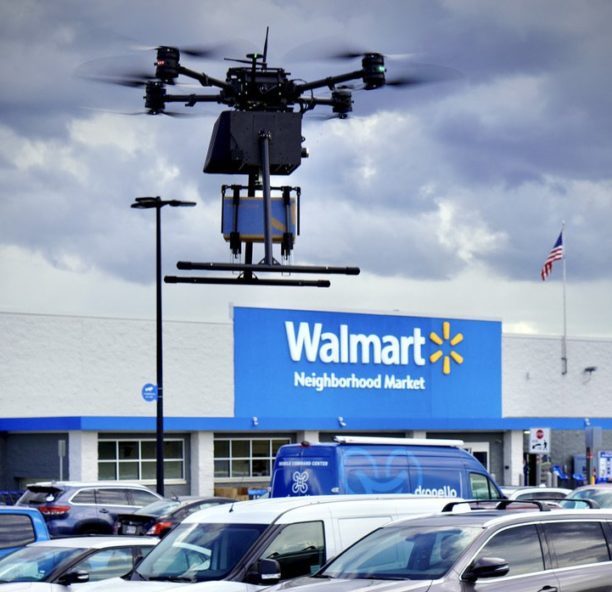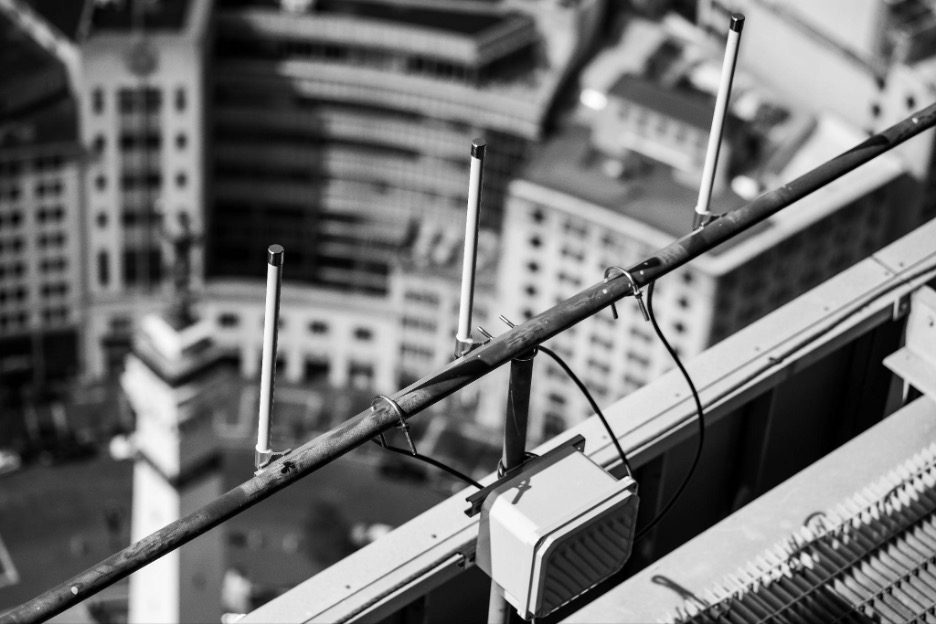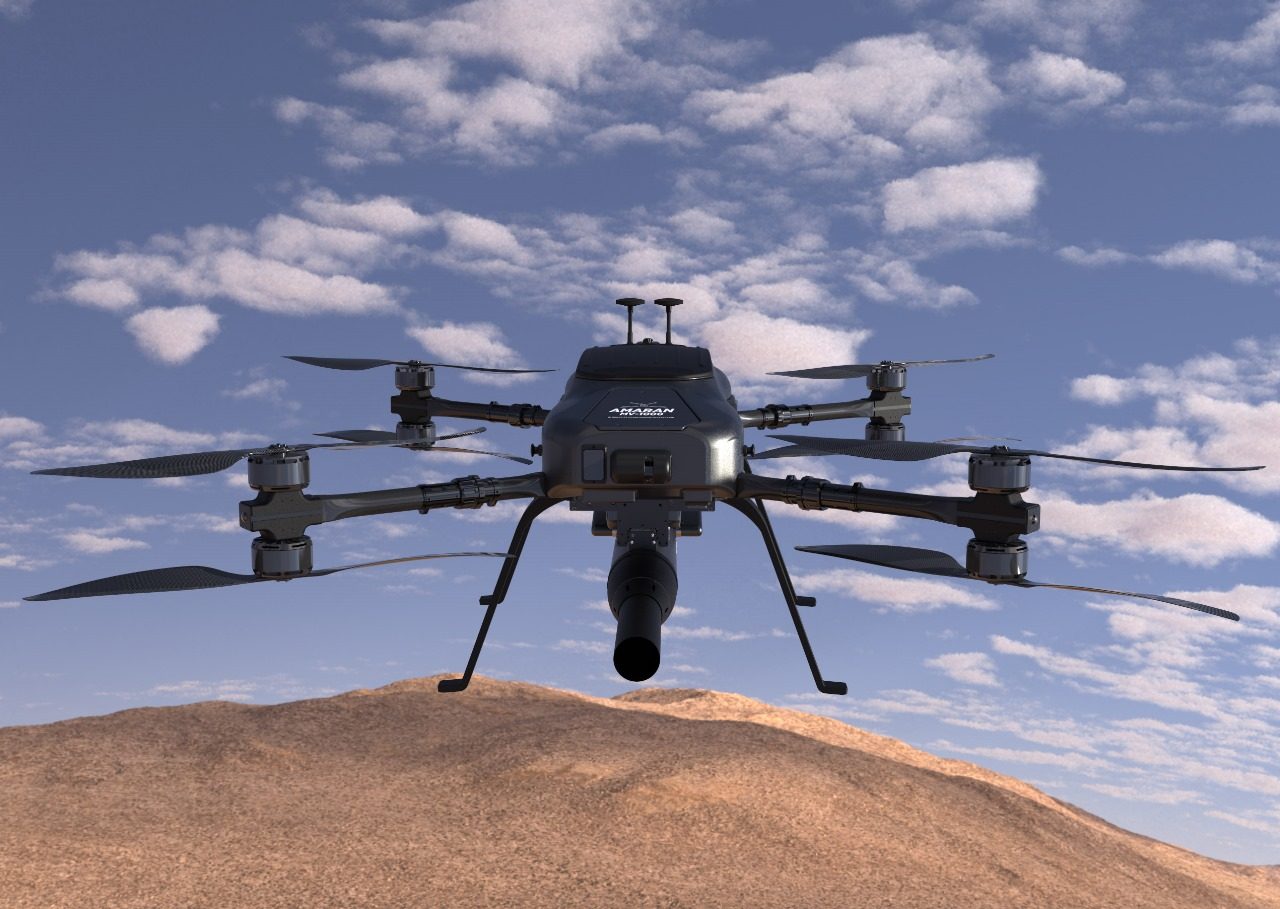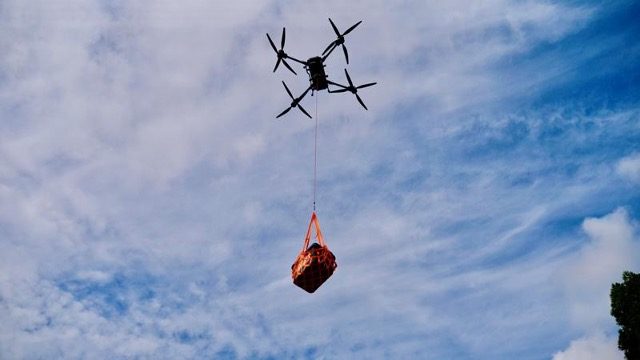
KDDI and DJI Flycart 30 Show Important in Overcoming Logistics Challenges After Heavy Rains in Ishikawa Prefecture

 This text revealed in collaboration with JUIDA, the Japan UAS Industrial Improvement Affiliation.
This text revealed in collaboration with JUIDA, the Japan UAS Industrial Improvement Affiliation.
by DRONELIFE Workers Author Ian J. McNabb

 Pure disasters are a truth of life in rural Japan, however that doesn’t imply they’ll’t have devastating impacts on native logistics. When roads wash out or turn out to be inaccessible, it may be extraordinarily tough to maneuver agricultural harvests to storage amenities, risking huge crop loss and excessive prices to farmers. After heavy rains in Ishikawa Prefecture, roads surrounding Tanbo Orchard, a neighborhood apple producer, turned inaccessible as a consequence of landslides and fallen bushes, making harvesting their crop a tough, (if not unimaginable), activity. Fortunately, KDDI, a Japanese drone logistics firm, used a DJI Flycart 30 to soundly ship the apples to a close-by port.
Pure disasters are a truth of life in rural Japan, however that doesn’t imply they’ll’t have devastating impacts on native logistics. When roads wash out or turn out to be inaccessible, it may be extraordinarily tough to maneuver agricultural harvests to storage amenities, risking huge crop loss and excessive prices to farmers. After heavy rains in Ishikawa Prefecture, roads surrounding Tanbo Orchard, a neighborhood apple producer, turned inaccessible as a consequence of landslides and fallen bushes, making harvesting their crop a tough, (if not unimaginable), activity. Fortunately, KDDI, a Japanese drone logistics firm, used a DJI Flycart 30 to soundly ship the apples to a close-by port.
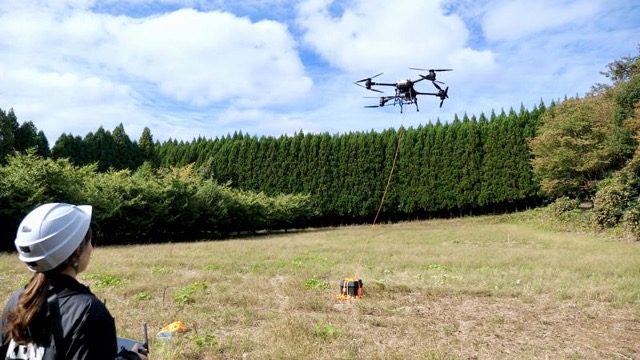

The harvest season for the native “Shuhei” apples is in October, however with the roads closed, KDDI drone operators, working through a partnership with Ishikawa authorities, had to make use of cargo drones to hold the harvest 1.2 km, decreasing a 40 minute journey by foot (carrying heavy baggage of apples) to a 2 minute journey. In whole, round 880 lbs (400 kg) of apples have been transported in 20 journeys over 2 days, every journey bringing round 40 kg of apples.
Tanbo Orchard’s Tanbo Masahiro stated, “On account of landslides and collapsed roads, it was unimaginable to get to the orchard by automobile, so we consulted with Ishikawa Prefecture and discovered about this new technique of transport by drone, and determined to provide it a attempt. Loading apples onto a drone takes longer than by automobile, however as soon as we bought the grasp of it, it went easily. It meant that the harvested apples didn’t go to waste, and we felt that it could be extraordinarily helpful in occasions of catastrophe like this. As soon as the roads are repaired, we want to attempt utilizing drones to move the apples we plan to ship any longer.”


The challenge used a DJI Flycart 30, which incorporates a coaxial four-axis, eight-blade, multi-rotor configuration with carbon fiber propellers, a 20 m/s most flight pace, and a dual-battery configuration for carrying a 30 kg payload over 16 km. The unit additionally options IP55 safety, is succesful in temperatures from -20° to 45° C, and winds as much as 12 m/s. The entire system is optimized for altitudes from 0-6,000 m and help flight as much as 3,000 m with a 30 kg payload, and options self-heating batteries for optimum efficiency in low temperatures.
Need DRONELIFE information delivered to your inbox each weekday? Enroll right here.
Learn extra:


Miriam McNabb is the Editor-in-Chief of DRONELIFE and CEO of JobForDrones, knowledgeable drone providers market, and a fascinated observer of the rising drone business and the regulatory surroundings for drones. Miriam has penned over 3,000 articles targeted on the industrial drone area and is a world speaker and acknowledged determine within the business. Miriam has a level from the College of Chicago and over 20 years of expertise in excessive tech gross sales and advertising for brand spanking new applied sciences.
For drone business consulting or writing, E-mail Miriam.
TWITTER:@spaldingbarker
Subscribe to DroneLife right here.

